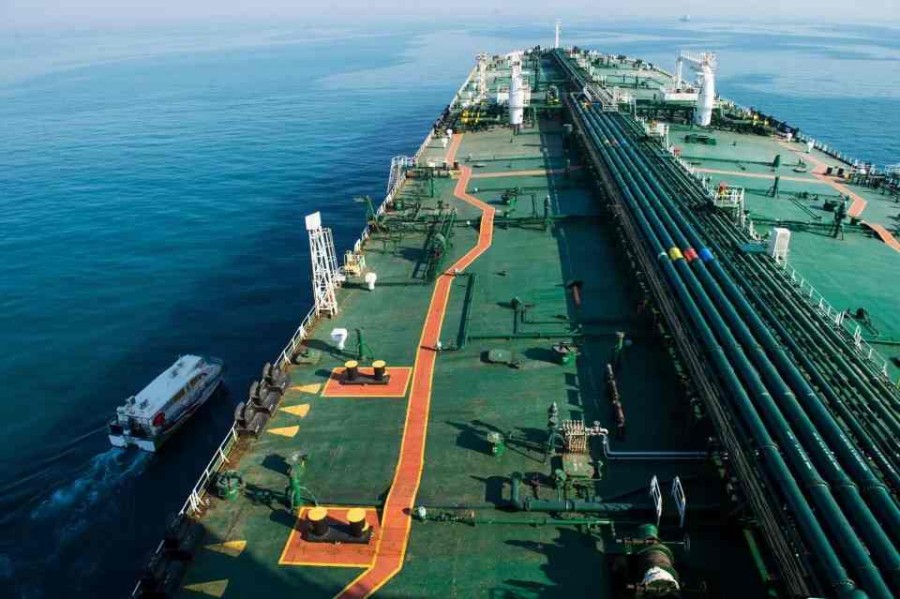Oil Extends Gains as Traders Monitor Iran, Saudi Developments

Oil extended gains as the market watched for any fallout from political ructions in two of the world’s major crude producers. Brent rose above $84 a barrel after posting its first weekly advance this month, and West Texas Intermediate was over $80. Iran’s President Ebrahim Raisi and Foreign Minister Hossein Amirabdollahian were killed in a helicopter crash, while there are concerns over the health of Saudi Arabia’s king.
Saudi Arabia is OPEC’s top producer and Iran is the third biggest, but there are no immediate signs that the recent developments will crimp oil supply. Iranian Supreme Leader Ayatollah Ali Khamenei has said there “won’t be any disruption to the country’s affairs” as a result of the incident.
Other events contributing to a rockier geopolitical landscape include Ukraine continuing its drone attacks on Russia’s refining, while a China-bound oil tanker was hit by a Houthi missile in the Red Sea on Saturday.
“The market has become increasingly numb to geopolitical developments, and the large amount of spare OPEC production is likely contributing to this,” said Warren Patterson, head of commodities strategy for ING Groep NV in Singapore. “We may have to wait for further clarity from OPEC+ on its output policy to break out of the range.”
Global benchmark Brent is around 9% higher this year due to OPEC+ supply cuts but prices have cooled since mid-April as geopolitical tensions eased. Market watchers are turning their attention to the upcoming meeting by the producer group on June 1, but largely expect a rollover of existing curbs.
There’s increased bearishness among hedge funds, with money managers reducing their net long positions on Brent for a second week. They are now the least bullish since January. There was also a pullback on bets for rising gasoline prices ahead of the US summer driving season.
Tags :
Previous Story
- Insights into Natural Gas Oil Suppliers Market Trends...
- Saudi oil giant Aramco announces $121 billion profit...
- India seeks to boost stagnant oilseed output to...
- Oil posts second weekly gain on US economic...
- Libya needs more international partners to increase oil...
- Oil falls on doubts OPEC+ will make further...
- Oil prices dive on big US crude stock...
- Oil prices fall on worries of waning demand...